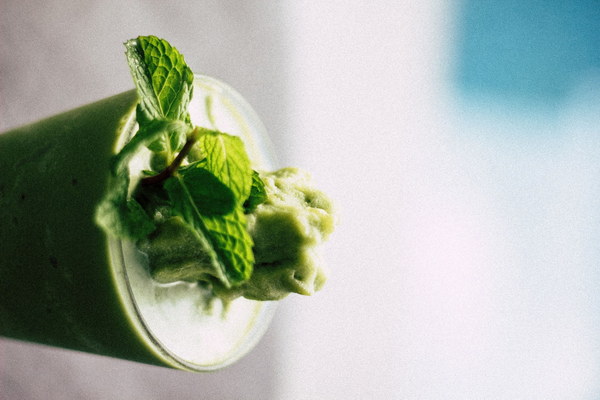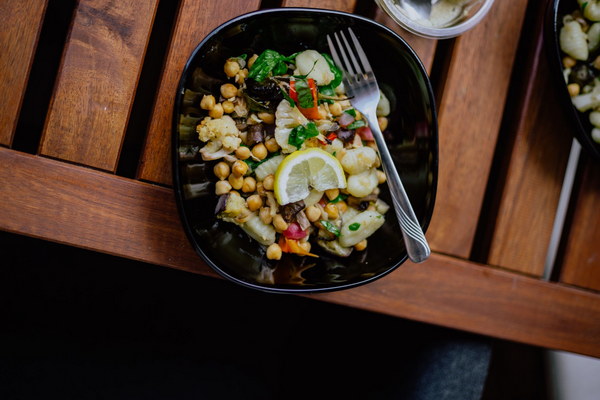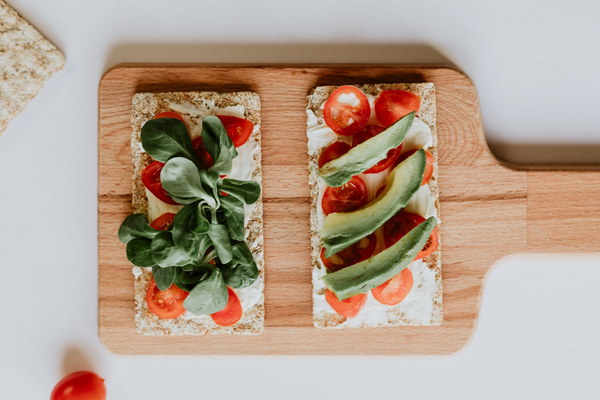Unlocking the Secrets of Chinese Medicine Expert Tips for Effective Tonifying Practices
In the realm of traditional Chinese medicine (TCM), tonifying is a fundamental practice aimed at enhancing the body's vital energy, or Qi, and promoting overall well-being. This article delves into the secrets of tonifying, offering expert tips for anyone looking to harness the power of TCM to improve their health and vitality.
1. Understand the Basics of Tonification
In TCM, tonification is the process of strengthening the body's vital energy, Qi, and blood to improve health and prevent illness. It involves nourishing the body's Yin and Yang, which are complementary forces that maintain balance and harmony within the body.
2. Tailor Your Tonification Plan to Your Individual Constitution
Every individual has a unique constitution, which determines their physical, mental, and emotional characteristics. To effectively tonify, it's crucial to understand your constitution and tailor your practices accordingly. Here are the six types of constitutions in TCM:
a. Yang Constitution: Individuals with a yang constitution tend to be warm, energetic, and more susceptible to heat-related conditions. They may benefit from cooling and calming tonification methods.

b. Yin Constitution: Those with a yin constitution are typically cool, calm, and more prone to cold-related conditions. They may require warming and invigorating tonification practices.
c. Yin-Yang Balanced: Individuals with a balanced constitution may benefit from a variety of tonifying methods, as they are less prone to specific imbalances.
d. Spleen Qi Deficiency: This constitution is characterized by fatigue, weakness, and poor digestion. Tonification methods should focus on building spleen and Qi.
e. Kidney Deficiency: Individuals with kidney deficiency may experience weakness, low libido, and bone problems. Tonifying practices should focus on strengthening the kidneys.
f. Liver Qi Stagnation: Those with liver qi stagnation may experience emotional distress, irritability, and pain. Tonification methods should aim to unblock the liver's Qi flow.
3. Incorporate Herbs into Your Diet
Herbs play a crucial role in TCM tonification. Here are some common herbs and their benefits:
a. Ginseng: Known for its ability to boost Qi and improve overall vitality.
b. Astragalus: Enhances the immune system, strengthens the lungs, and improves cardiovascular health.
c. Codonopsis: Nourishes the lungs, boosts Qi, and strengthens the immune system.
d. Goji Berries: Promote longevity, improve vision, and enhance the immune system.
e. Dang Gui: Known for its ability to nourish the blood and relieve menstrual cramps.
f. Licorice Root: Acts as a harmonizer, helping to balance the effects of other herbs.
4. Practice Tai Chi and Qigong
Tai Chi and Qigong are ancient practices that focus on cultivating and balancing Qi within the body. These gentle exercises help improve flexibility, strength, and mental clarity, making them excellent tonifying methods for individuals of all ages and fitness levels.
5. Adopt a Healthy Lifestyle
In addition to tonifying practices, a healthy lifestyle is crucial for achieving optimal results. This includes:
a. Regular exercise: Engage in moderate, regular physical activity to boost your overall well-being.
b. Adequate sleep: Ensure you get enough rest to allow your body to rejuvenate and recover.
c. Balanced diet: Consume a nutritious diet rich in fruits, vegetables, whole grains, and lean proteins.
d. Stress management: Learn to manage stress through meditation, deep breathing exercises, or other relaxation techniques.
In conclusion, tonifying is a powerful practice that can improve your health and vitality by balancing your body's Qi and restoring harmony. By understanding your constitution, incorporating tonifying herbs, practicing Tai Chi and Qigong, and adopting a healthy lifestyle, you can unlock the secrets of tonification and experience the benefits of traditional Chinese medicine.









